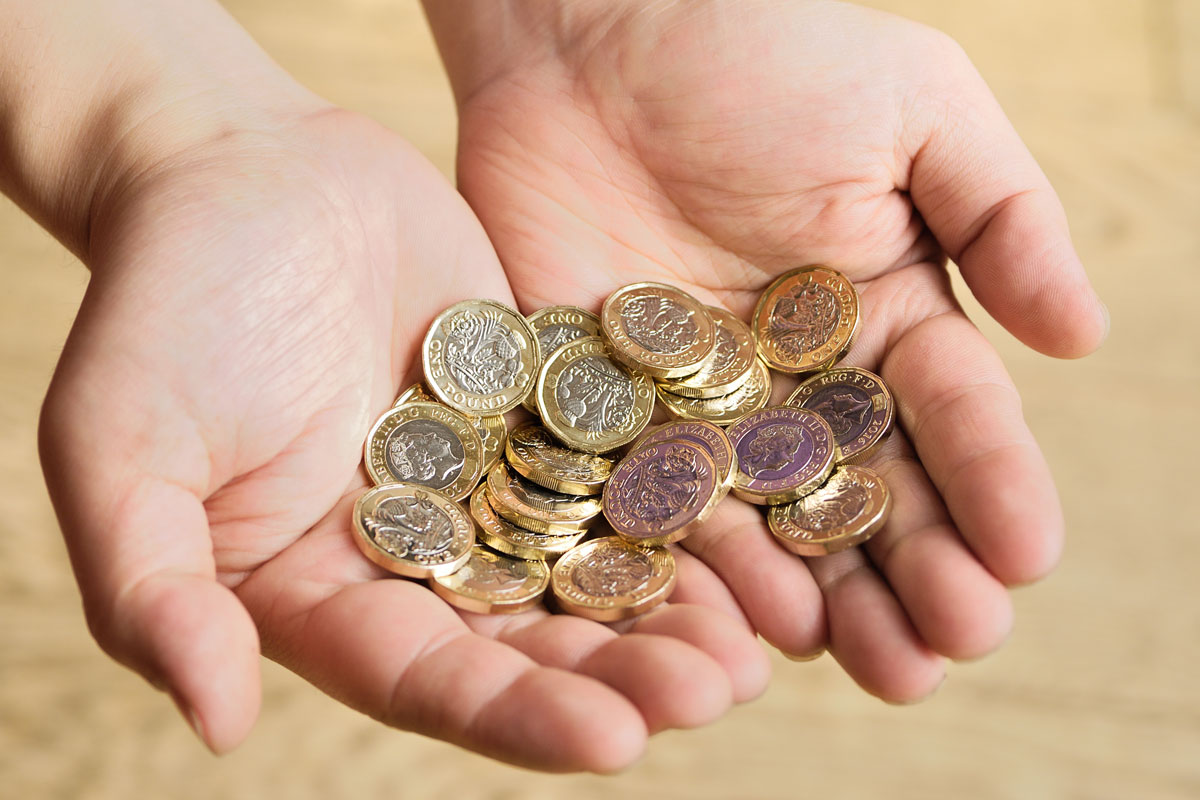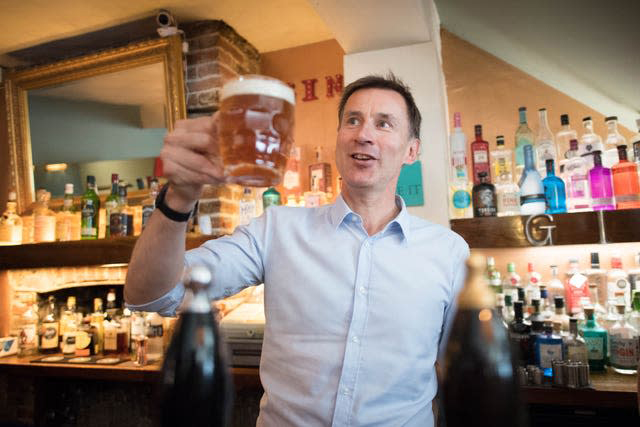 UK Chancellor Jeremy Hunt has ignored the hospitality sector’s pleas for a cut in the rate of VAT for pubs and bars.
UK Chancellor Jeremy Hunt has ignored the hospitality sector’s pleas for a cut in the rate of VAT for pubs and bars.
This week, in a Budget which was greeted by the industry as ‘disappointing but predictable’, the Chancellor offered cold comfort to struggling businesses, with the only major positive point being his decision to make no changes to the level of duty payable on alcohol.
Responding to Hunt’s statement on Wednesday, the Scottish Licensed Trade Association reiterated its concerns of the ‘material threat of long-term damage’ to the competitiveness of Scotland’s licensed hospitality and tourism sector as a result of ongoing government inaction.
SLTA managing director, Colin Wilkinson, said: “It’s a torrid time for licensed trade operators across Scotland just now – everyone is struggling with ongoing cost of living issues.
“There was no response to pleas from SLTA and other industry groups for a VAT reduction for the hospitality sector in the Chancellor’s Autumn Statement last November, so today’s news is extremely disappointing but predictable.
“Doing so in his Spring Statement would have brought some welcome relief to businesses across the hospitality and licensed trade spectrum which are struggling with huge utility bills and other costs,” said Wilkinson.
“Obviously we welcome Mr Hunt’s decision to increase the VAT threshold from £85,000 to £90,000 from April 1 which might help some businesses in Scotland, but without a reduction in VAT it is inevitable that many hospitality businesses will continue to struggle.”
Mr Wilkinson added: “A 2p cut in National Insurance contribution is obviously good news for consumers and this might put more money back into people’s pockets which they will hopefully spend in hospitality outlets.”

Paul Togneri of the Scottish Beer and Pub Association commented: “The extension of the freeze on beer duty to February 2025 will help towards keeping the price of the pint affordable, which is good news for brewers, pubs, and consumers alike.
“The 2p cut in National Insurance contributions is also a boost for workers and which will hopefully encourage people to enjoy an extra trip to their local, but further support is still needed to protect businesses.”
Togneri continued: “It is disappointing that the Chancellor did not choose to go further with a cut in duty or reduction VAT for pubs and bars which would have helped the sector immensely. Both brewers and pubs face a cliff edge in April with spiralling wage costs and ongoing financial pressures, means than many much-loved community pubs will continue to struggle.
“Our sector is a critical part of the Scottish economy, our tourism offer and are a bedrock of local communities. However, 2023 saw Scotland’s pubs close at twice the rate of those in England.
“Both the UK and Scottish Governments’ must look to address the disproportionate fiscal burden facing the industry moving forward or we’ll continue to see businesses close, and jobs lost in communities across the country.”
CEO of Greene King, Nick Mackenzie, said: “A freeze in alcohol duty is welcome, but it is significantly outweighed by the continuing increases in the cost of doing business. Rising business rates and wages continue to disproportionately impact pubs, therefore it is disappointing the Chancellor has, once again, missed opportunities to reduce VAT for hospitality and reform the rates system.
“We’ve invested heavily in our pubs and our teams, bringing long-term social value to communities across the UK. But the sector needs wider regulatory reform if it is to continue to create hundreds of thousands of jobs and support the nation’s economic growth.”
The Scotch Whisky Association was more upbeat, warmly welcoming the alcohol duty freeze, applied across all four alcohol categories.
The duty rate on spirits remains at the current level of £31.64 per litre of pure alcohol, meaning that of the £15.63 average price of a bottle of Scotch Whisky, £11.40 is collected in taxation through duty and VAT – a tax burden of 73%.
With confirmation that duty will not rise further in August, the SWA said that the Chancellor ‘had recognised that supporting Scotch Whisky boosts growth, increases revenue, and backs our iconic hospitality sector’.
“While today’s announcement is a positive step, there continue to be great inequities when it comes to alcohol taxation in the UK,” added the SWA. “Scotch Whisky and spirits remain the highest taxed alcohol category in the UK. Longer term action is still needed to address the high tax burden on Scotch Whisky, which is taxed at a higher rate per unit of alcohol than wine, beer and cider, and faces the highest spirits duty rate among G7 nations, despite being a home-grown success story, made in Scotland and employing 67,000 people across the UK.”
Regarding the duty freeze, SWA chief executive Mark Kent commented: “With cost pressures hurting our bars and pubs, not to mention hard pressed consumers, the Treasury has provided some much-needed certainty and stability for the year ahead.
“Despite this freeze, Scotch Whisky is still put at a disadvantage by the duty system, based on a fundamental misunderstanding of how people consume alcohol and modern drinking trends.
“With today’s freeze, cider is still taxed four times less than a spirit like Scotch Whisky and responsible consumers who enjoy a Scotch are paying too much tax compared with a beer or cider. Looking ahead, we will continue to work with the UK Government to ensure that our tax system is supporting the long-term success and prosperity of our iconic homegrown sectors such as Scotch Whisky, so that Scotch and other high-quality spirits are not put at a competitive disadvantage in the UK and other markets around the world.”
Speaking from Diageo GB, managing director Nuno Teles said simply: “Cheers to the Chancellor for freezing duty and backing both the pub and our homegrown Scotch sector. This decision gives drinkers and pub-goers across the country reason to celebrate this summer with a Guinness or Johnnie Walker!”




















